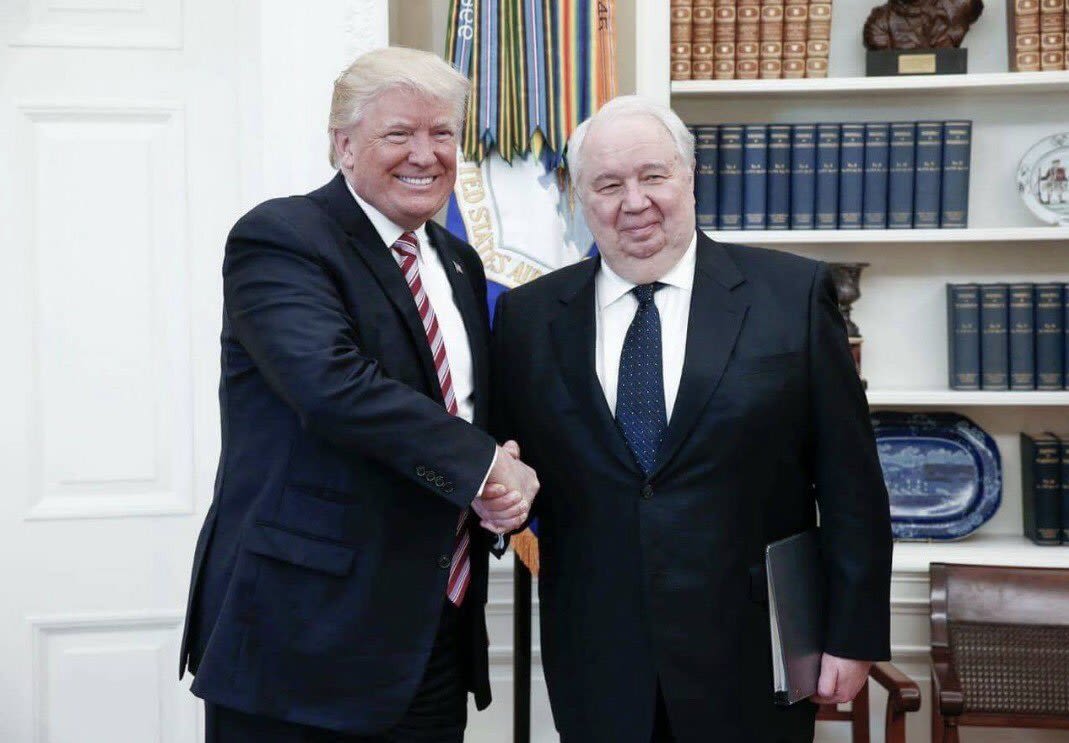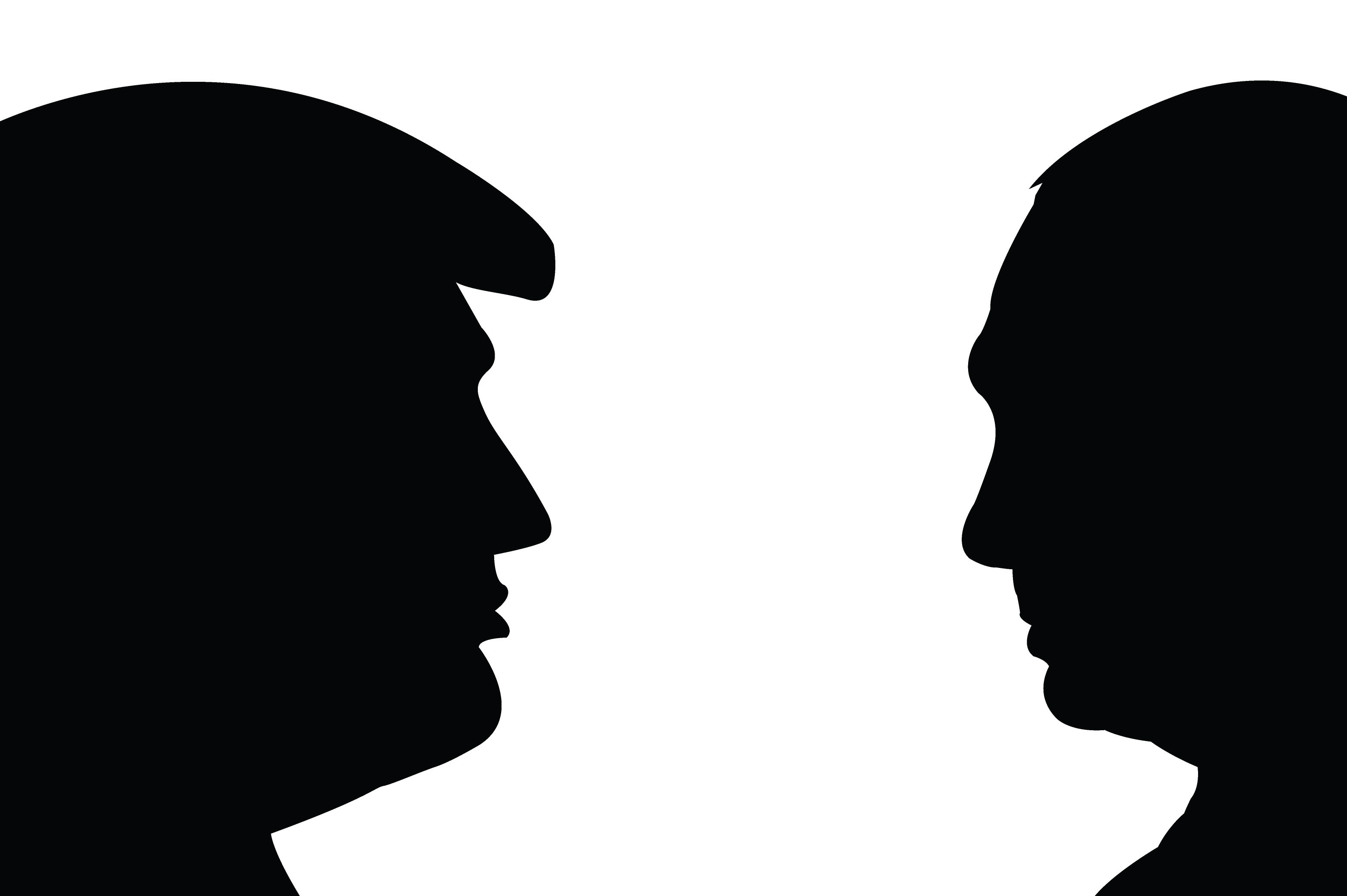Trump's Sharing of Top-Secret Information With Russians Alarms Former Intelligence Official

President Donald Trump with Russian ambassador Sergey Kislyak.
Image: Russian Embassy/Twitter
“The whole thing makes me sick.”
That was the reaction of a former high-ranking CIA officer and national security official now living in Sarasota to news that President Trump revealed top-secret information to Russian officials last week at the White House.
Since March, I have been speaking to the 23-year intelligence official (under the condition of anonymity) about the Russian influence on the 2016 election and the investigation about possible collusion with Trump and his associates. At our morning meetings at a downtown café, I found him measured and wary of hyperbole and political bias. His reason for talking to me, he said, was to help citizens understand the issues from the perspective of someone who served near the highest levels of national security.
But Tuesday, any pretense of understatement had given way to disbelief. He described Trump’s admission that he shared classified information to Russian Foreign Minister Sergey Lavrov and Ambassador Sergey Kislyak as the most “egregious mishandling of intelligence” he had ever seen.
As President I wanted to share with Russia (at an openly scheduled W.H. meeting) which I have the absolute right to do, facts pertaining....
— Donald J. Trump (@realDonaldTrump) May 16, 2017
...to terrorism and airline flight safety. Humanitarian reasons, plus I want Russia to greatly step up their fight against ISIS & terrorism.
— Donald J. Trump (@realDonaldTrump) May 16, 2017
“It’s just disturbing on so many levels,” the former intelligence officer said.
"Trump’s reported actions," he continued, "could well endanger the life of sources and innocent people, the collection of vital intelligence itself, the nation’s intelligence sharing with the country that provided the information and could well put at risk intelligence sharing relationships with other partners. And then, not only to discuss the sensitive information in an informal meeting with a foreign delegation – itself not really appropriate – but also the fact that it was with the Russians, not even a traditional intelligence sharing partner, only makes the situation more alarming."
He said that while the president has the ability to declassify information at his discretion, his actions in this instance (both the way it was done, who it was shared with, etc) was totally inconsistent with established protocols that undergird the sharing of intelligence with other nations. "Just because the president has the authority to do something, doesn’t make doing it justified. If he really wanted to share the information with the Russians, he could have made a note and discussed his desire with his National Security Advisor and the Director of the CIA and Director of National Intelligence about the best way to do it. The information that people have risked their lives to obtain cannot be discussed in casual settings with just anyone. This puts at risk any prospect of getting comparable intelligence in the future; and lives and the security of the country demand better," he continued. "The information reportedly came from another country’s intelligence service and concerned a threat from the Islamic State. In one sense, it was not our information to share."
He specifically cited the “The Third Agency Rule,” which dictates that classified information obtained from one party not be shared with another without the permission of the agency who generated the information. “An analogy might be if your wife is seriously ill,” he explained. “She has told you but has not given you permission to tell other people. It is not your information to share. You can ask your wife to consider sharing the information. But you cannot share it yourself.”
Exposing classified information can have ramifications that endure for years, he noted. After intelligence was exposed that Osama bin Laden was using a satellite phone, the Al-Qaeda leader began communicating by courier, severing a line that might have revealed his location years before he was finally killed.
Making matters worse in the current case, he said, is that Russia is an adversary, not an ally: “To go blabbing it to the Russians of all people, for God’s sake,” he said. “It just does not make sense.”
The meeting itself raised questions even before the breach became public. Lavrov and Kislyak met with Trump in the Oval Office a day after Trump fired FBI Director James Comey for, as Trump himself later said, Comey’s determination to continue investigating Trump’s ties to Russia. Trump said the meeting took place at the request of Russian President Vladimir Putin.
The former intelligence official said he was struck by Trump’s body language in photographs distributed by Russia after the meeting. The beaming president, alongside Lavrov and Kislyak, appeared “bonhomie,” in contrast to his hunkered-down countenance in almost all other meetings, such as those with German Chancellor Angela Merkel and former President Obama.
The former intelligence official was also appalled that a Russian photographer was allowed into the meeting with bags of equipment that could have contained surveillance equipment or other devices to penetrate the president’s office. The former officer said he knows of no other time that has happened.
“I’d like to know more about [the photographer],” he said. “Who was he? We know he worked for Tass, which is an arm of the Russian government. Allowing him in there with his equipment posed a lot of risks.”



